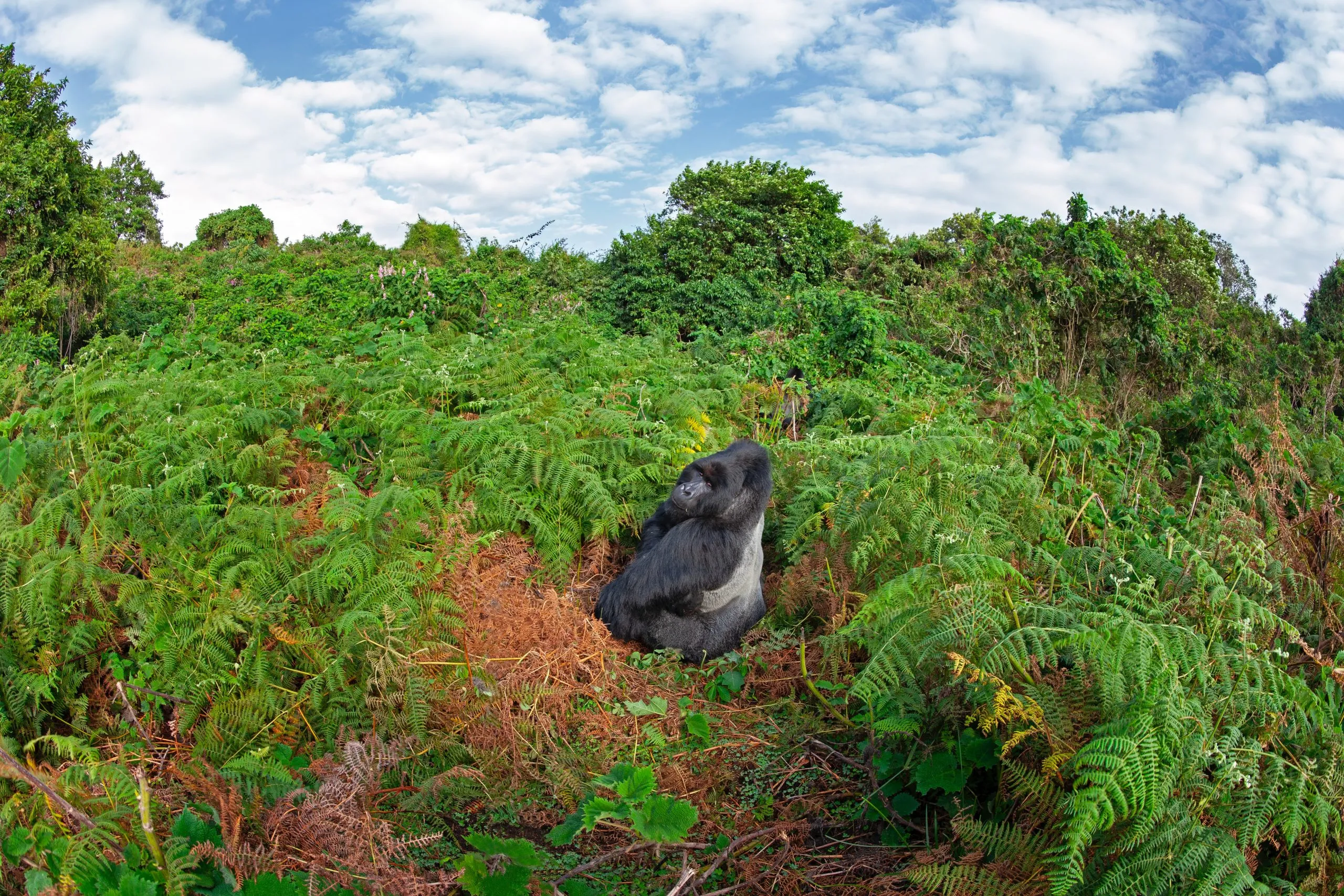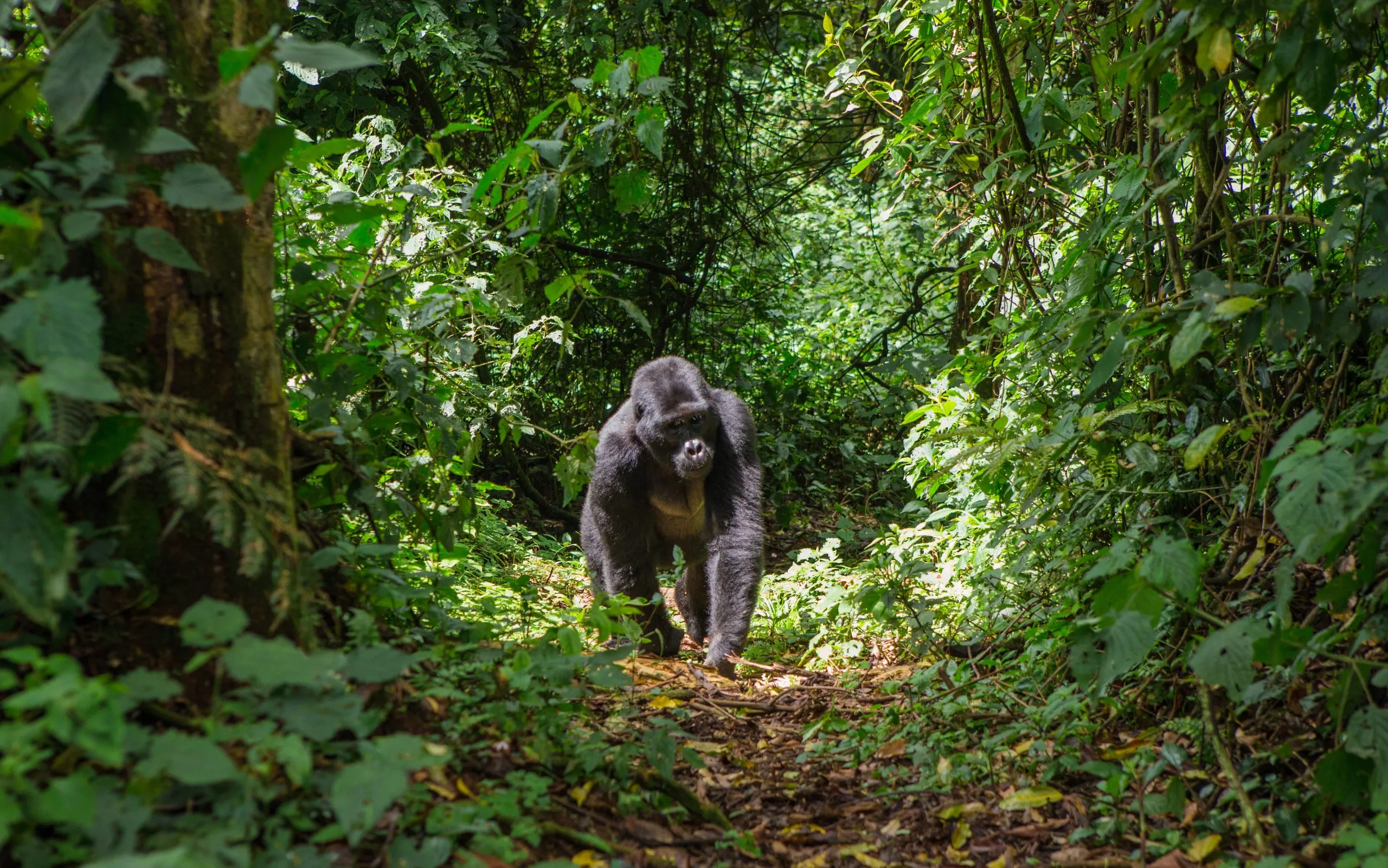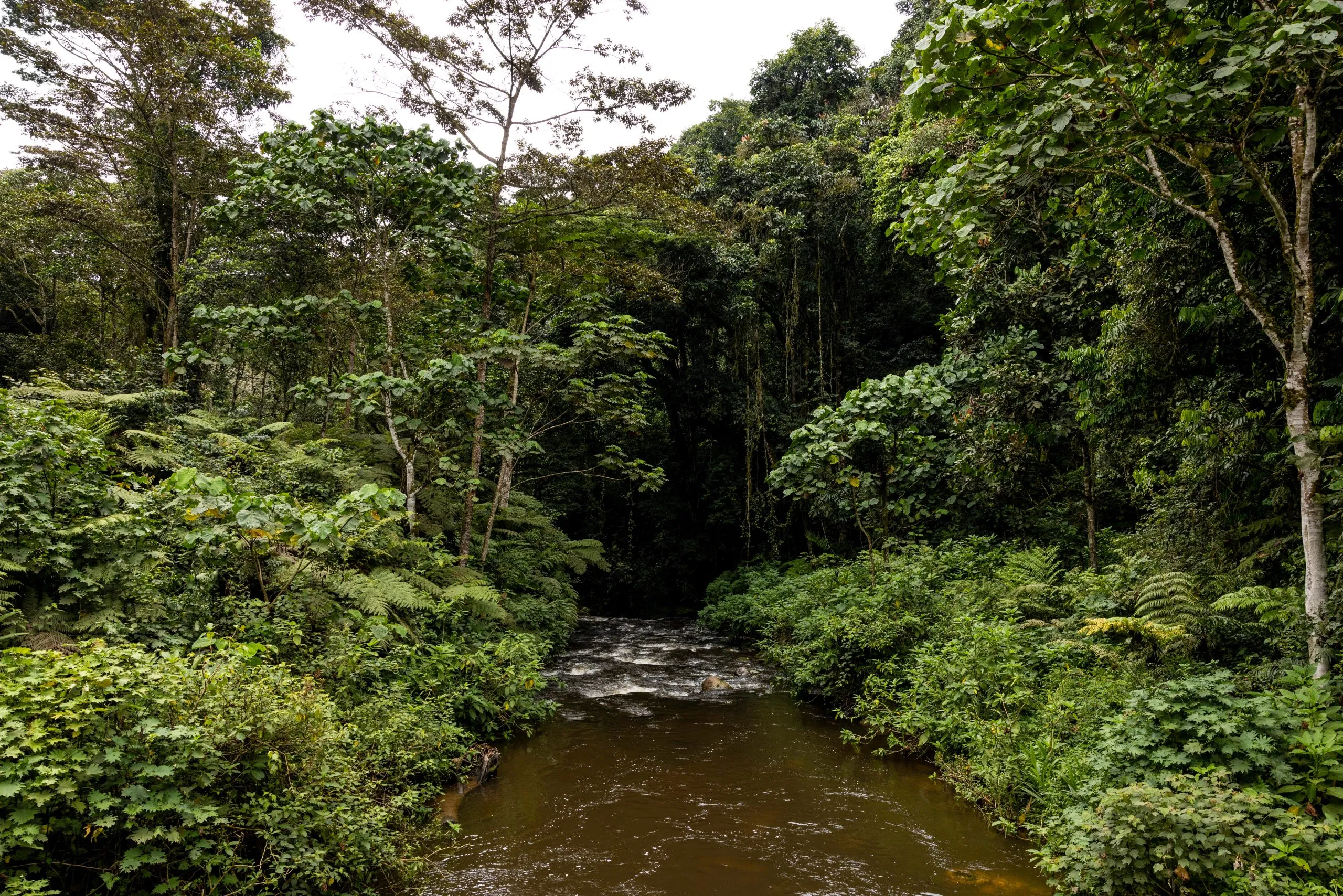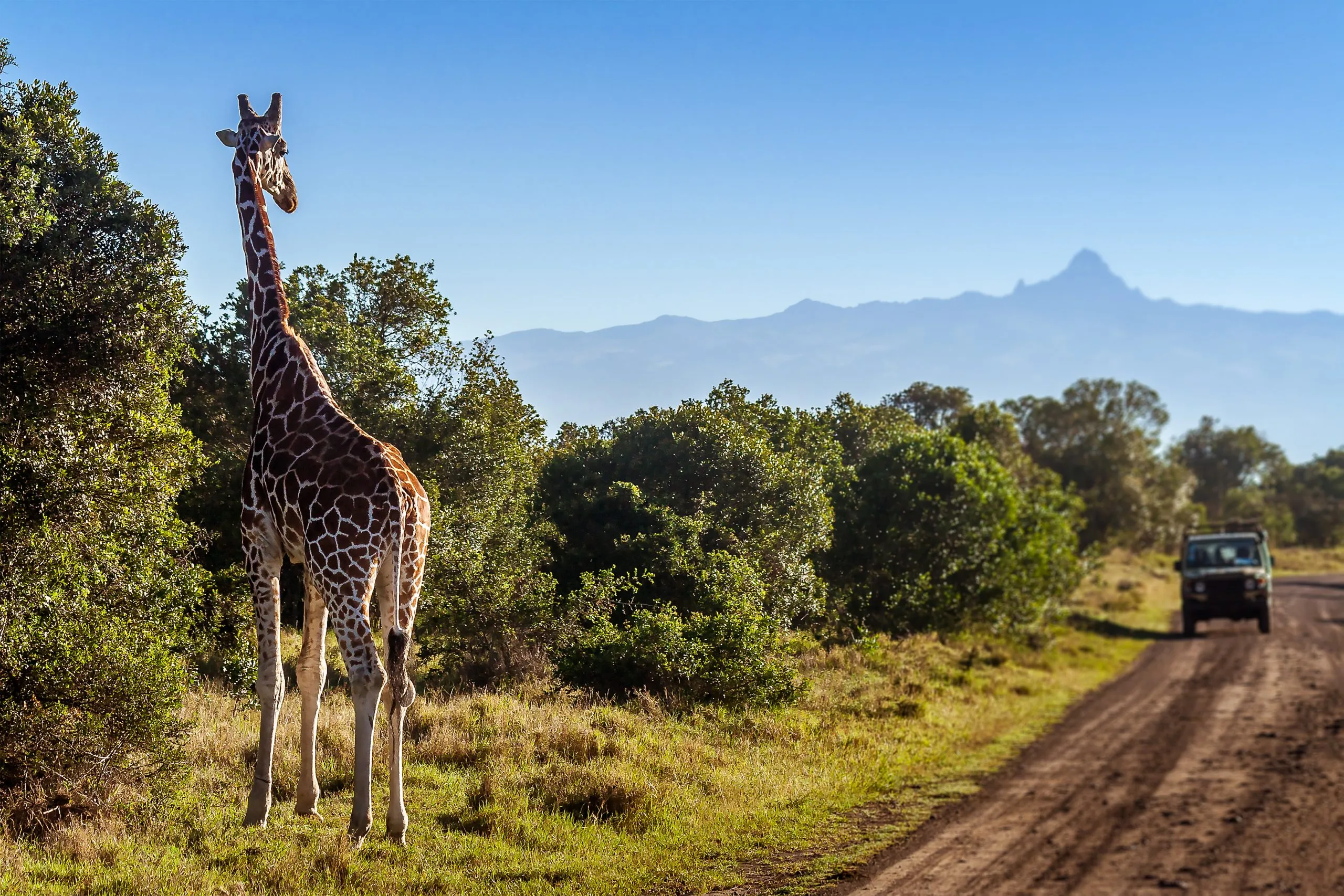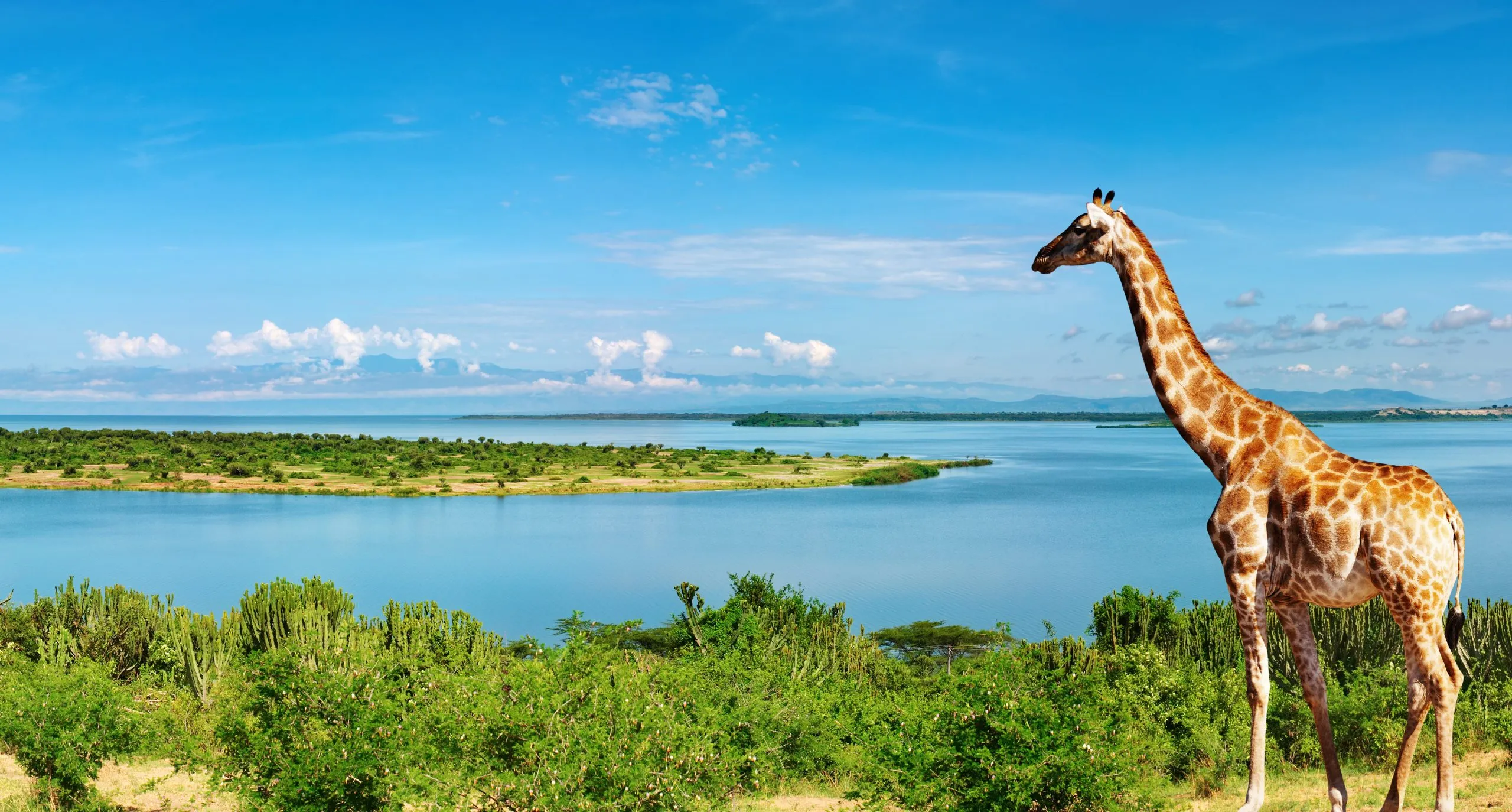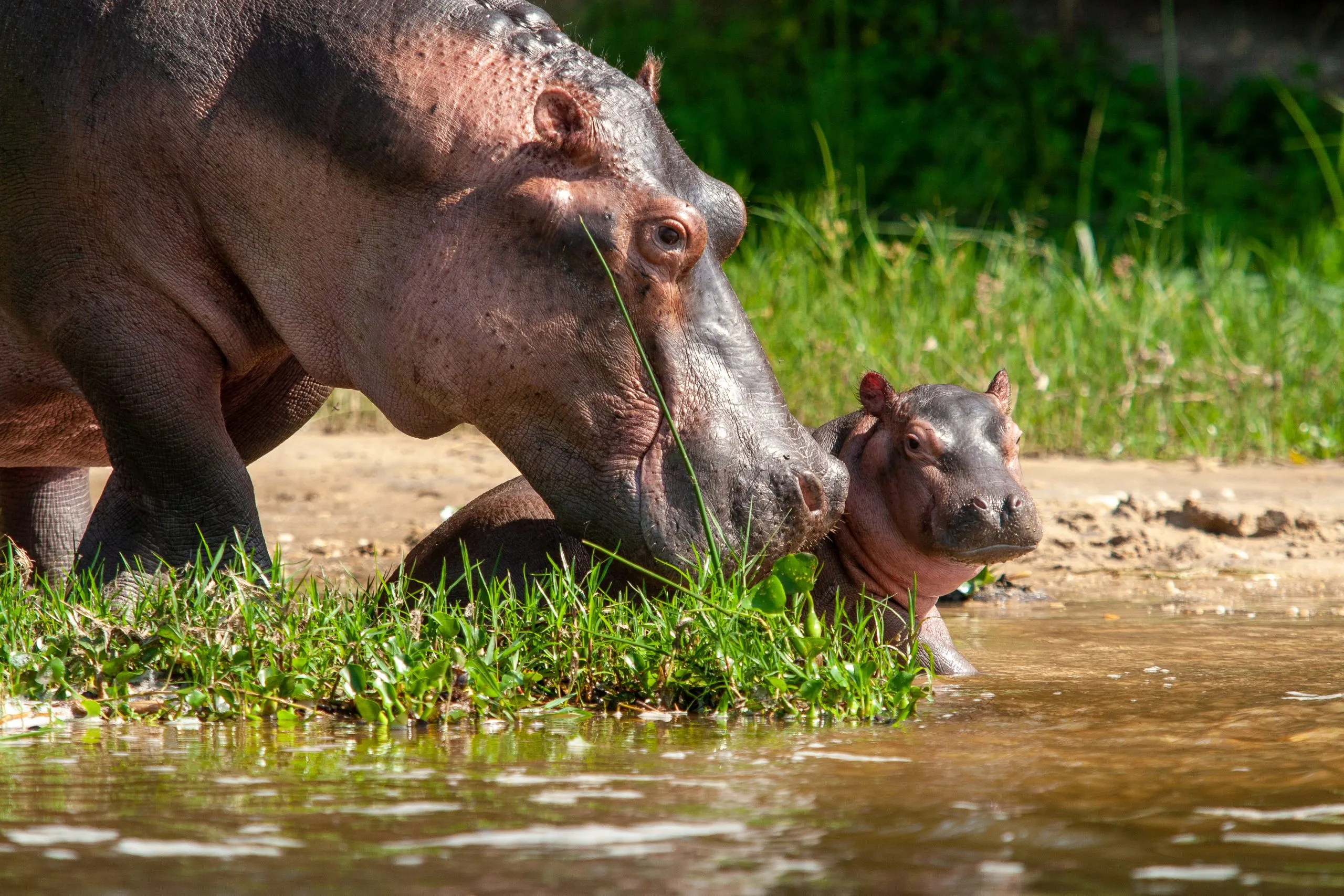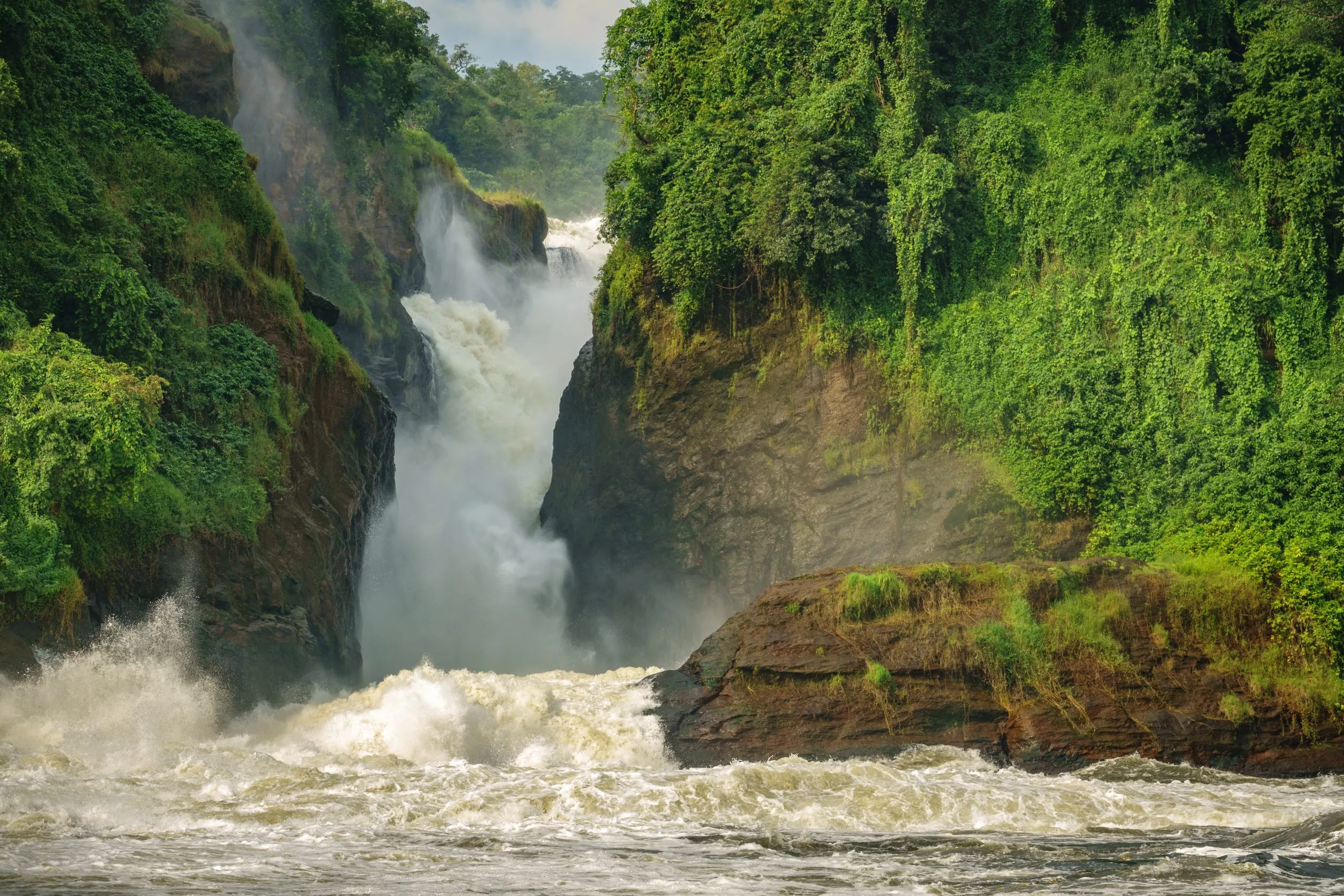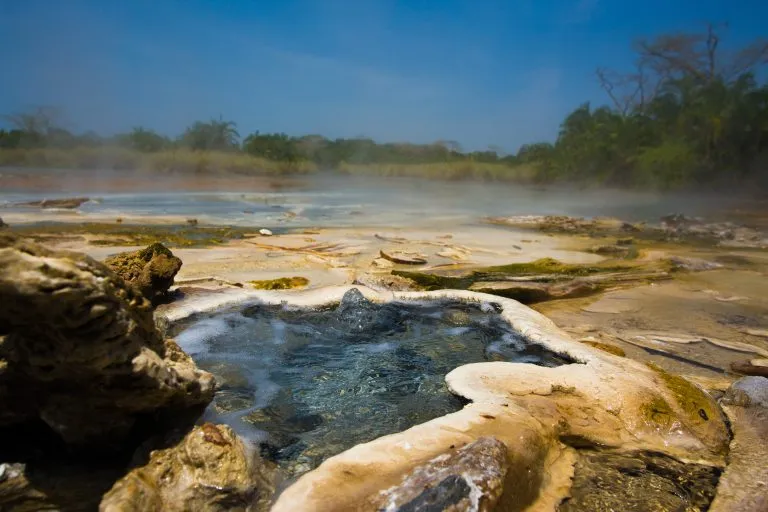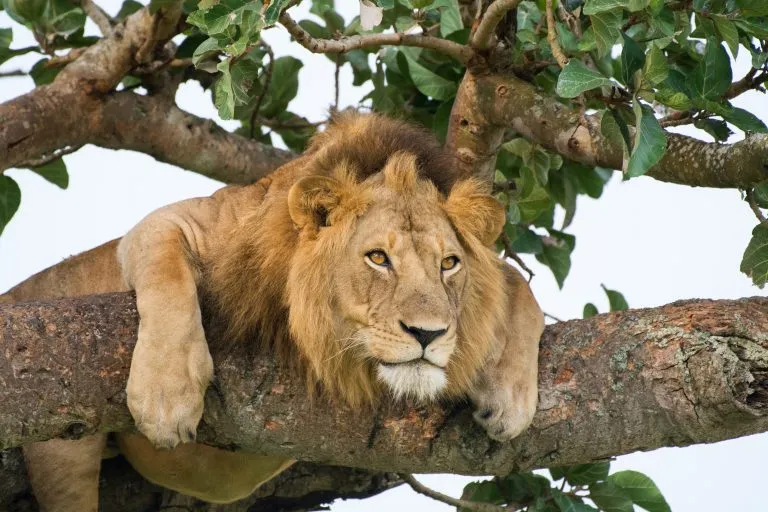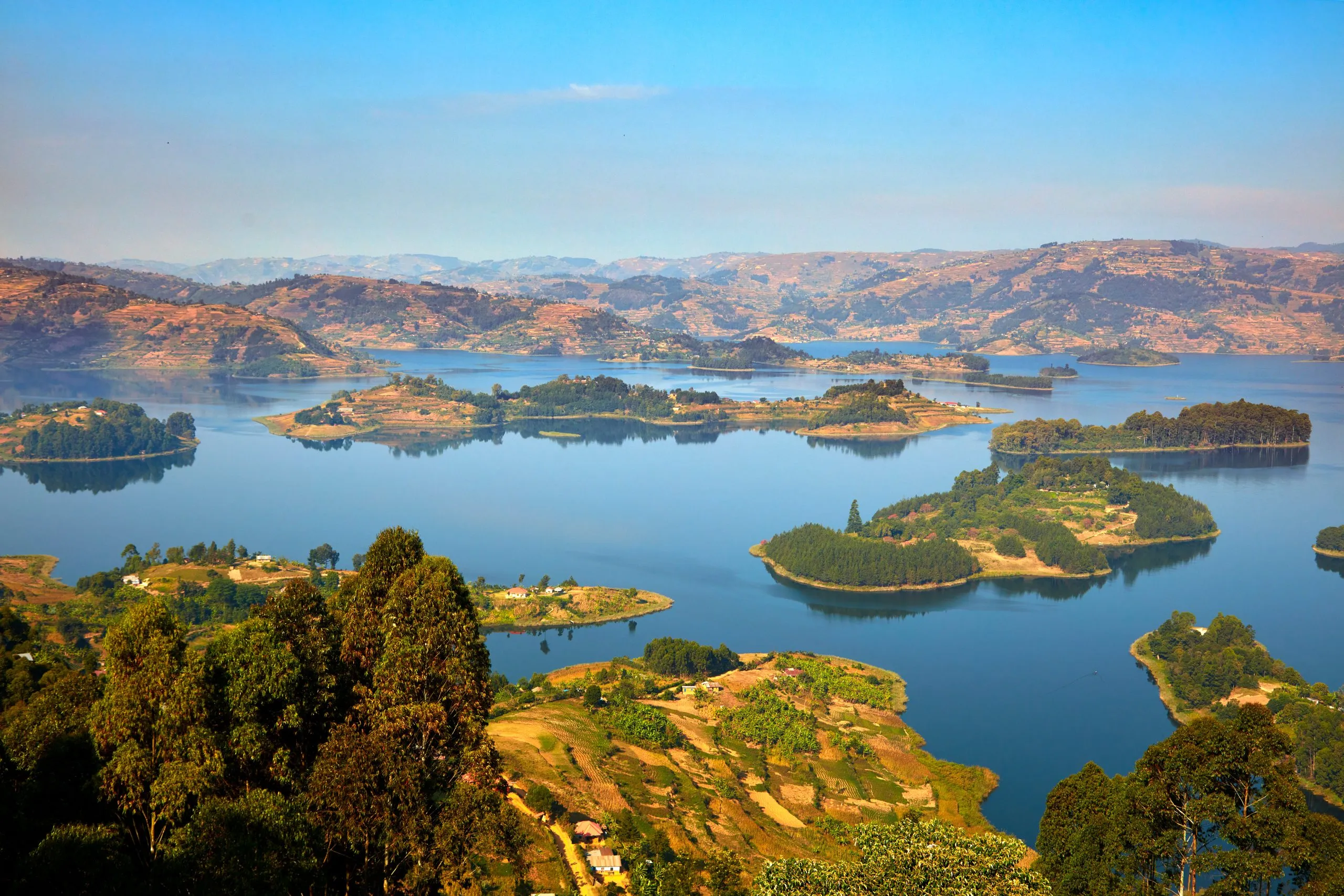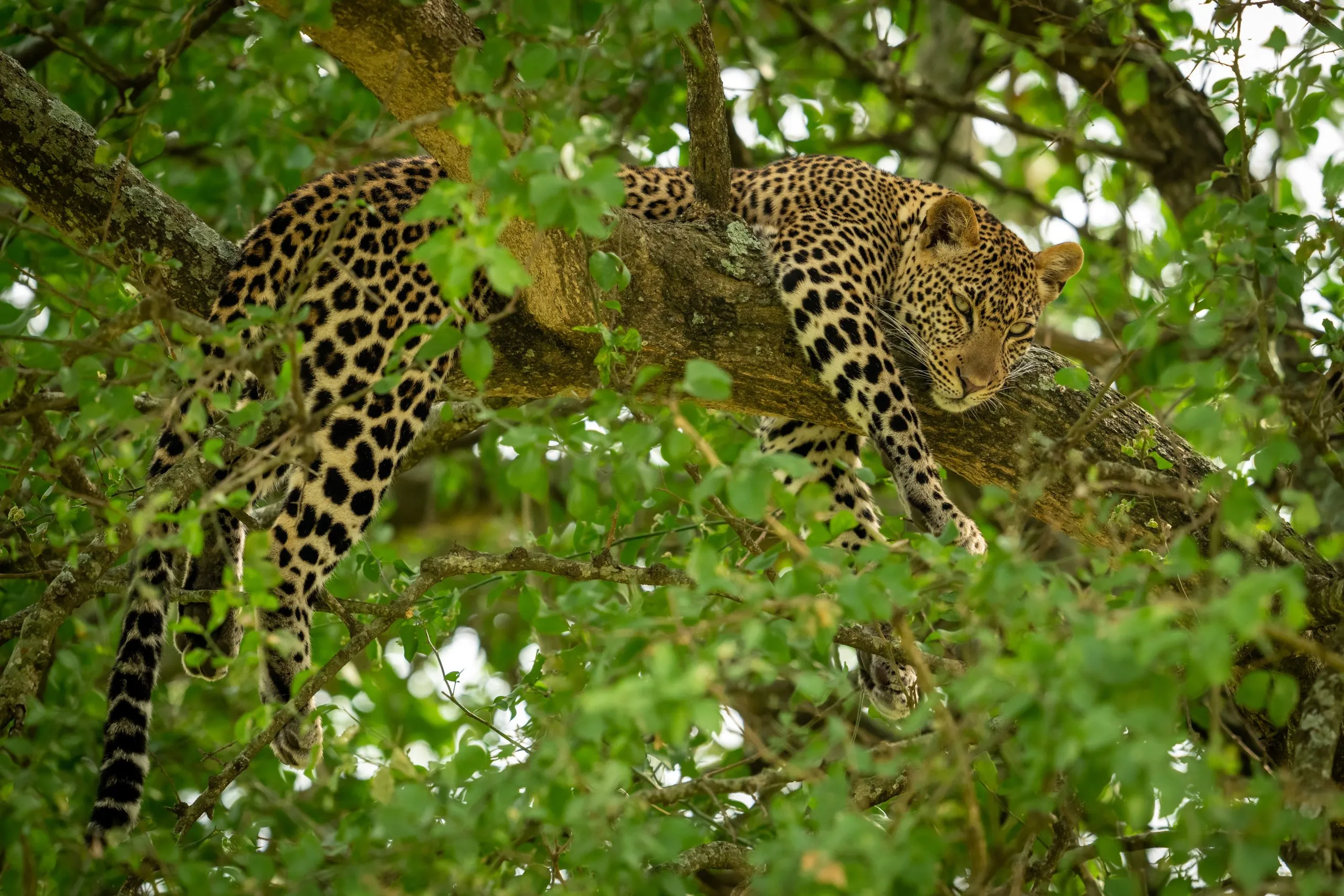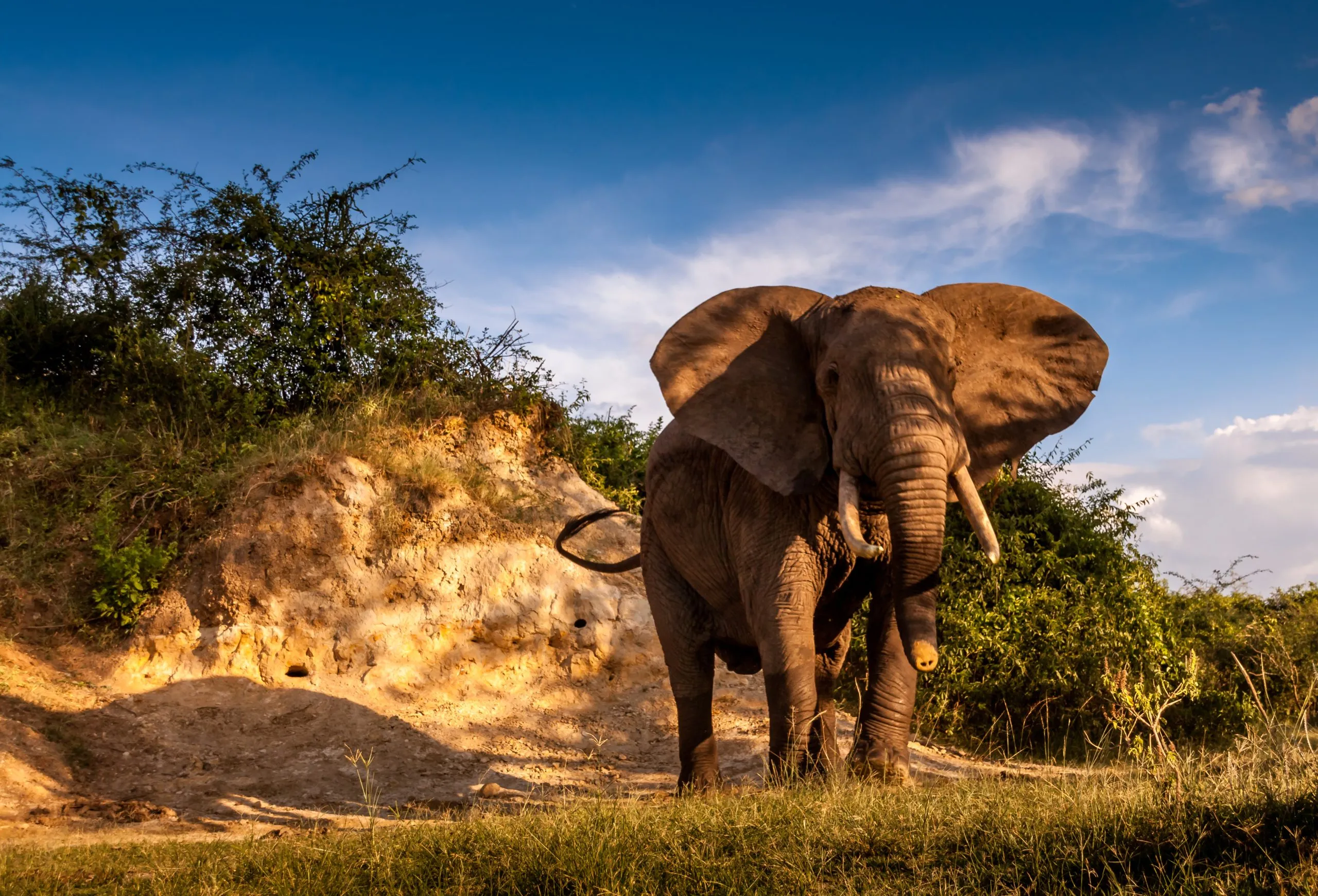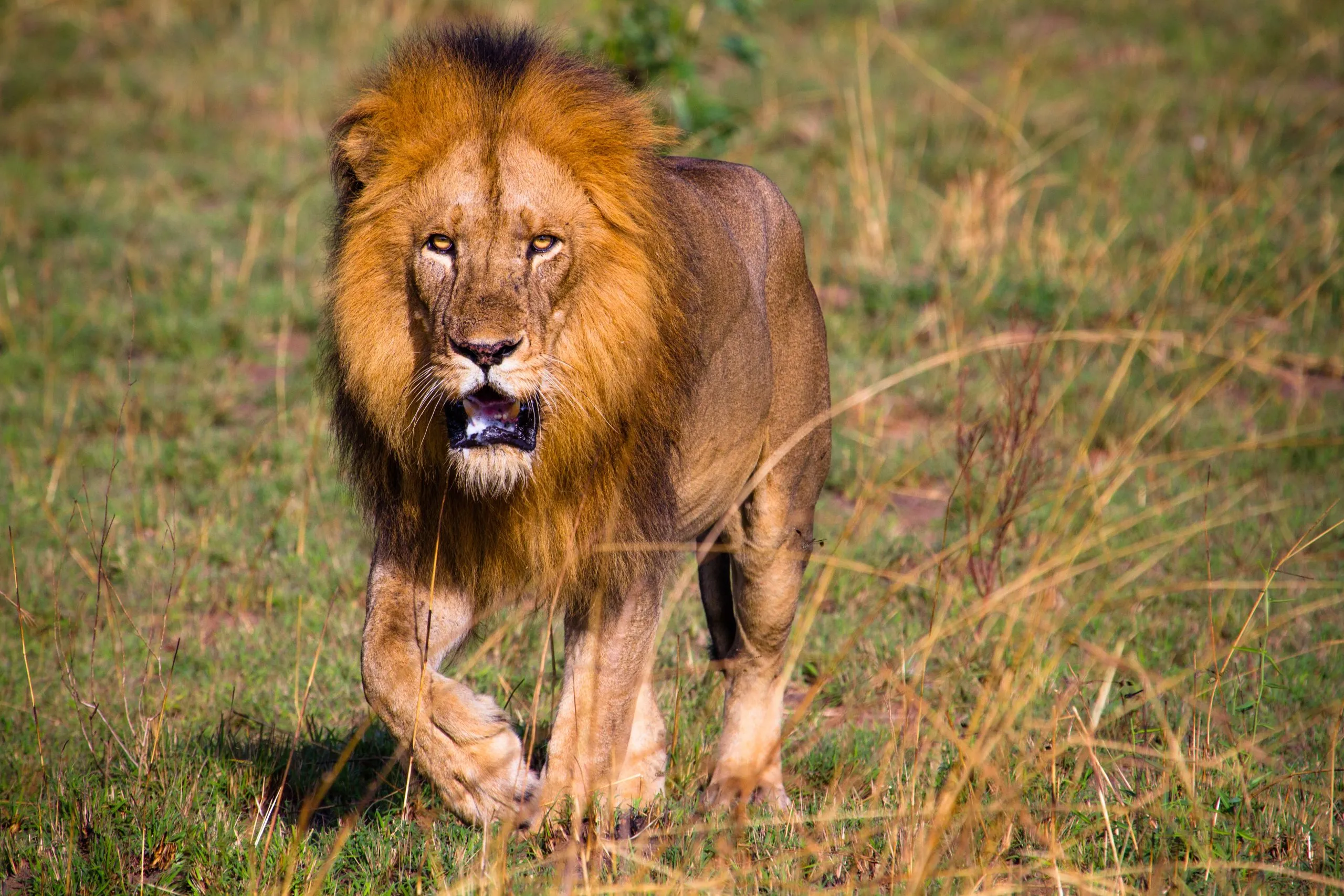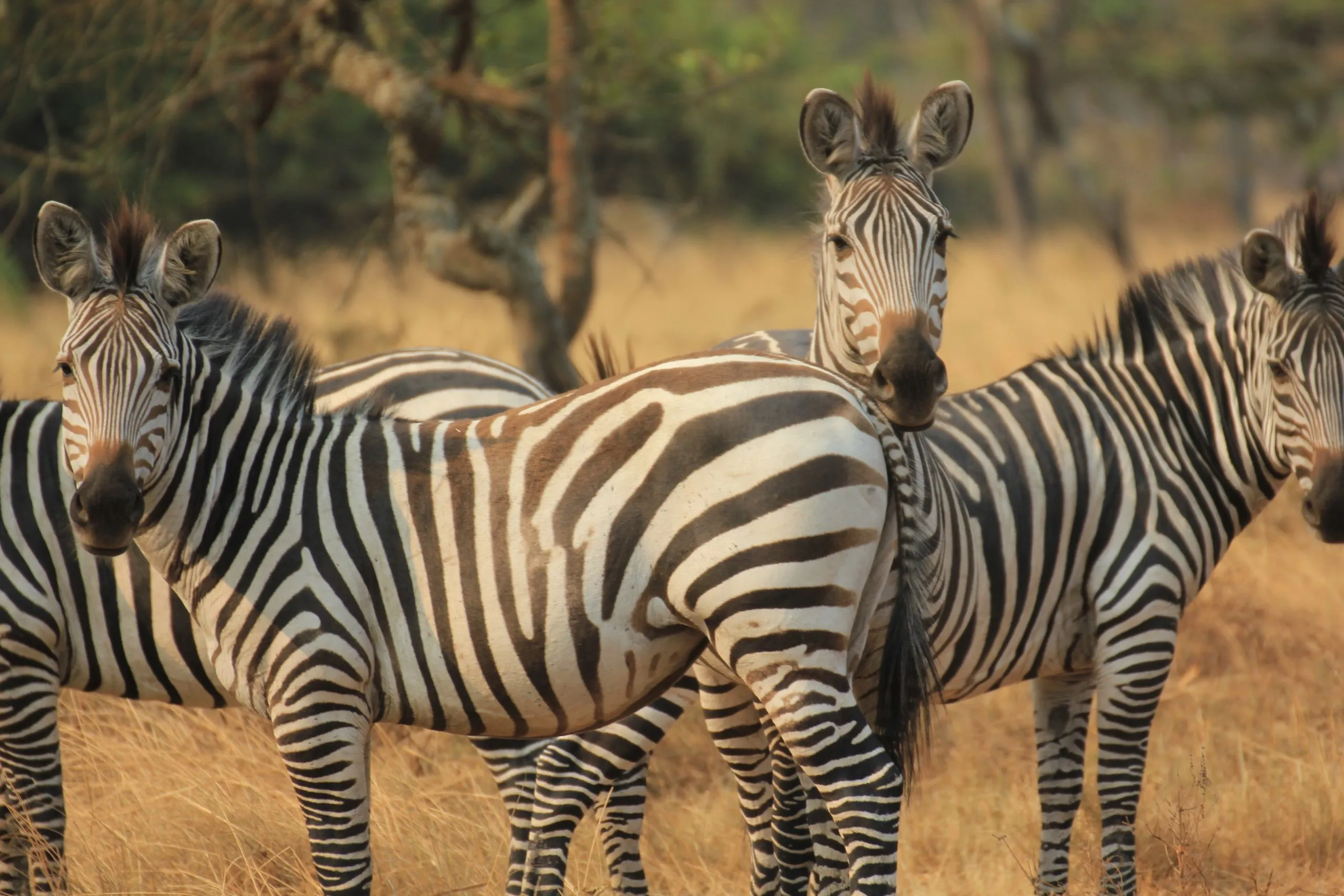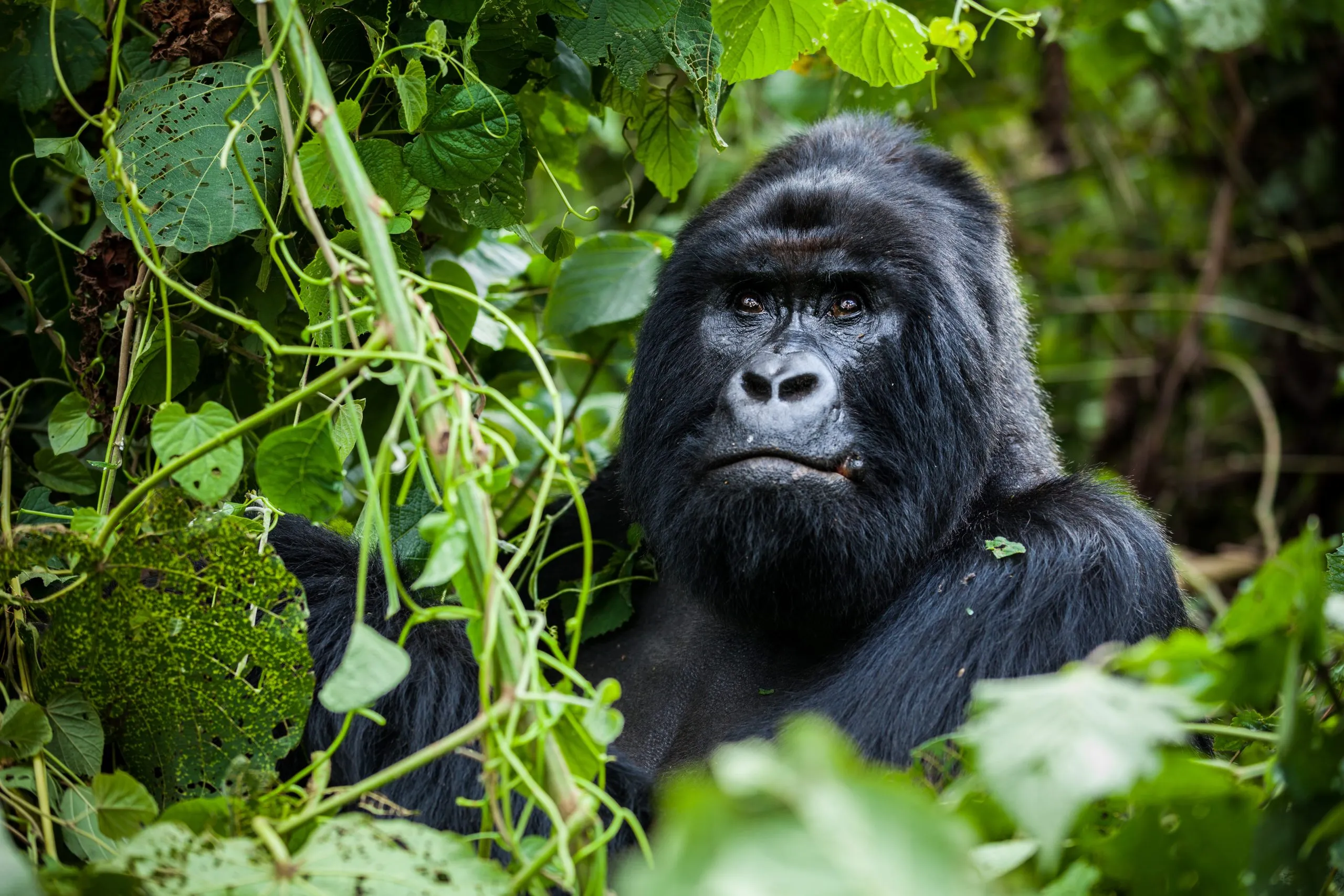
Mountain Gorilla Habituation Experience in Uganda
Engage in the extraordinary Gorilla Habituation Experience, gaining unparalleled access to mountain gorillas in their natural habitat
Spend extended time observing and learning about gorilla behaviors in the dense Bwindi Impenetrable Forest
Discover the diverse ecosystem of Bwindi, home to a myriad of flora and fauna, enhancing your gorilla trekking adventure
Enjoy the unique opportunity to participate in conservation efforts, contributing to the preservation of these magnificent creatures
Experience the serene beauty and tranquility of staying near the lush Bwindi Forest, merging comfort with the call of the wild
Capture unforgettable moments in one of Africa’s most iconic natural settings, creating memories that will last a lifetime
Itinerary
Your journey begins with a warm welcome upon arrival in Uganda. From there, embark on a scenic drive to the Bwindi Impenetrable Forest, a UNESCO World Heritage site and home to the majestic mountain gorillas. The route to Bwindi is a spectacle in itself, with views of the lush countryside and local communities. The evening is spent in the tranquil surroundings near the forest, preparing you for the upcoming gorilla habituation experience.
Lunch
Dinner
Gorilla Lodge at Bwindi
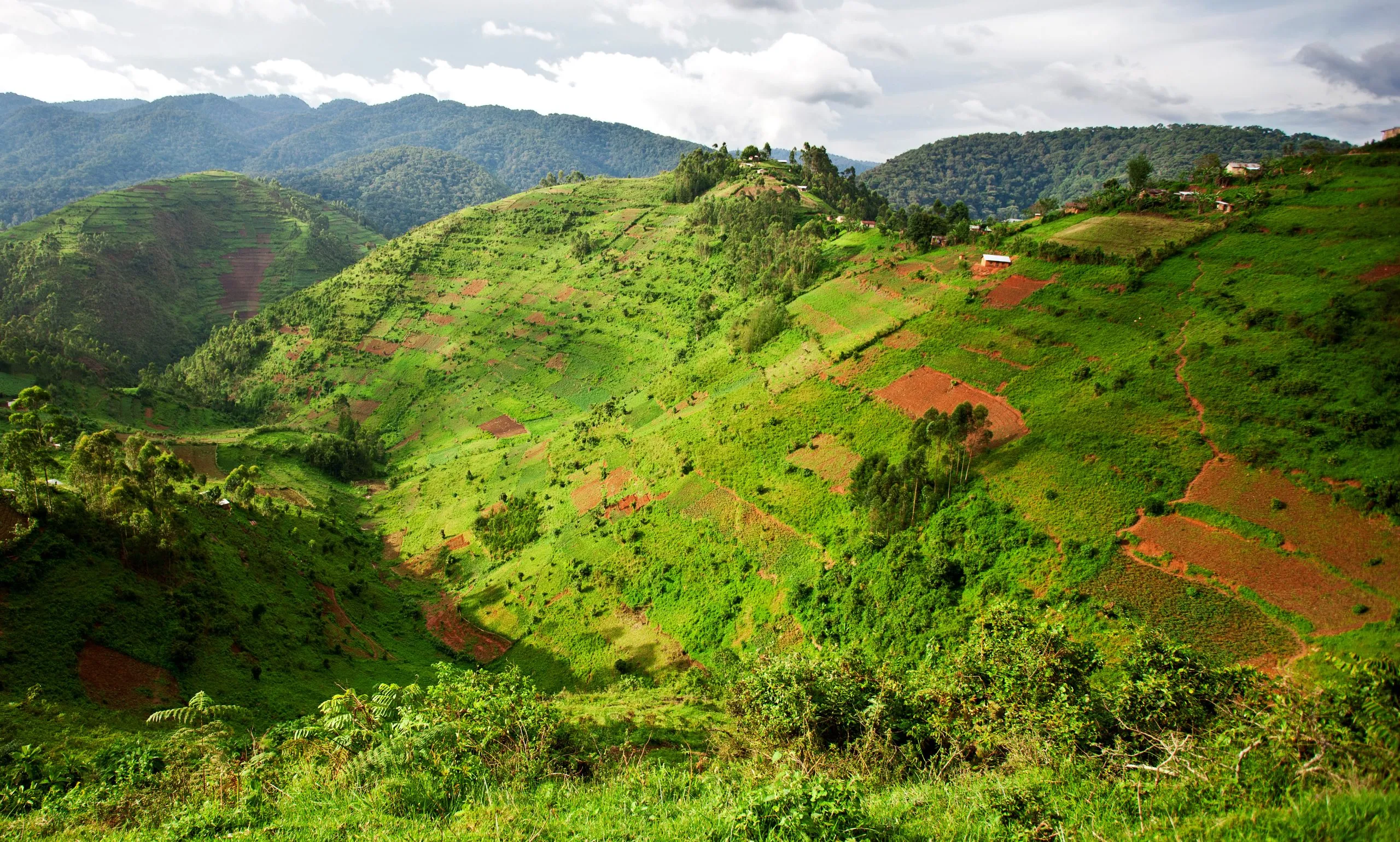
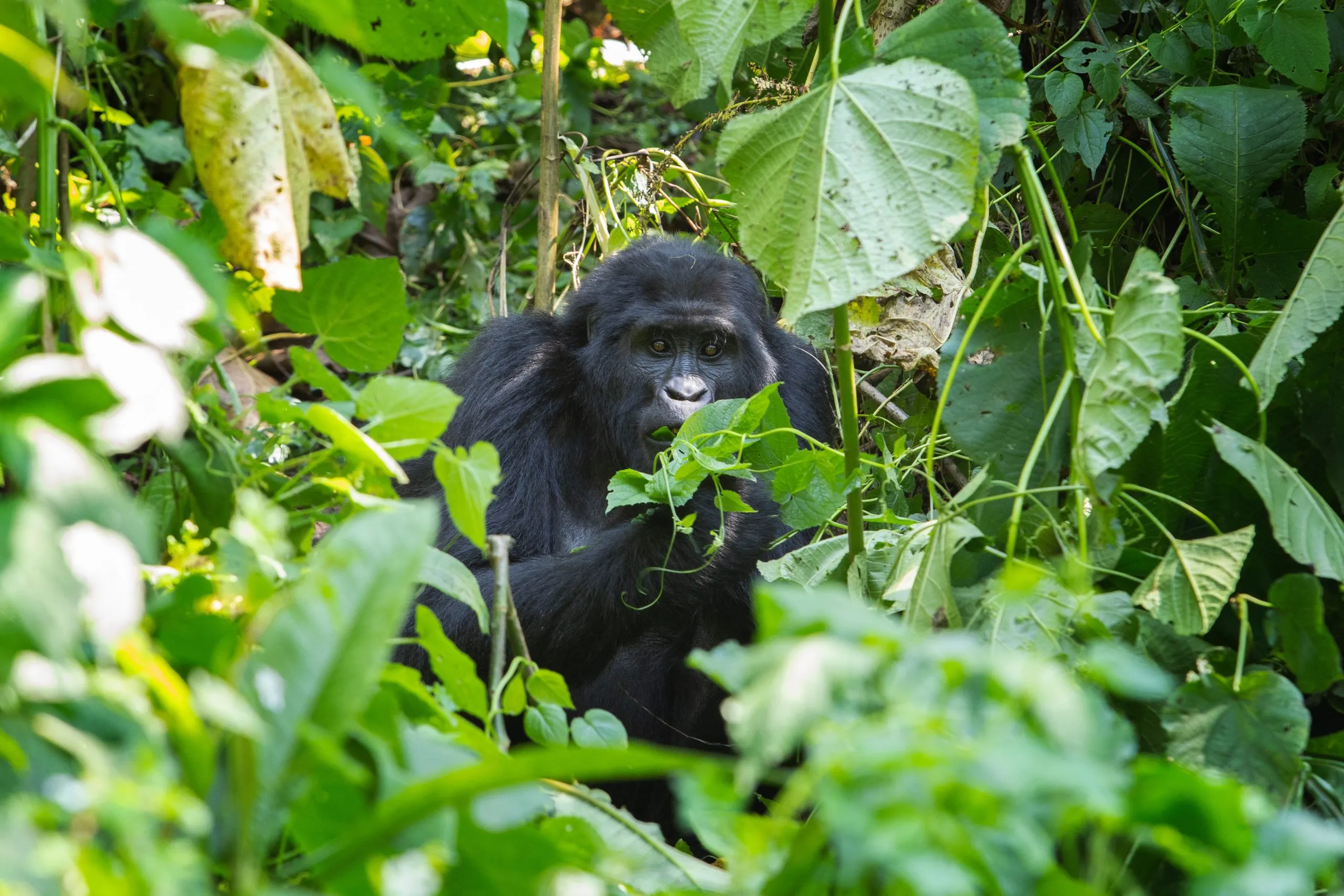
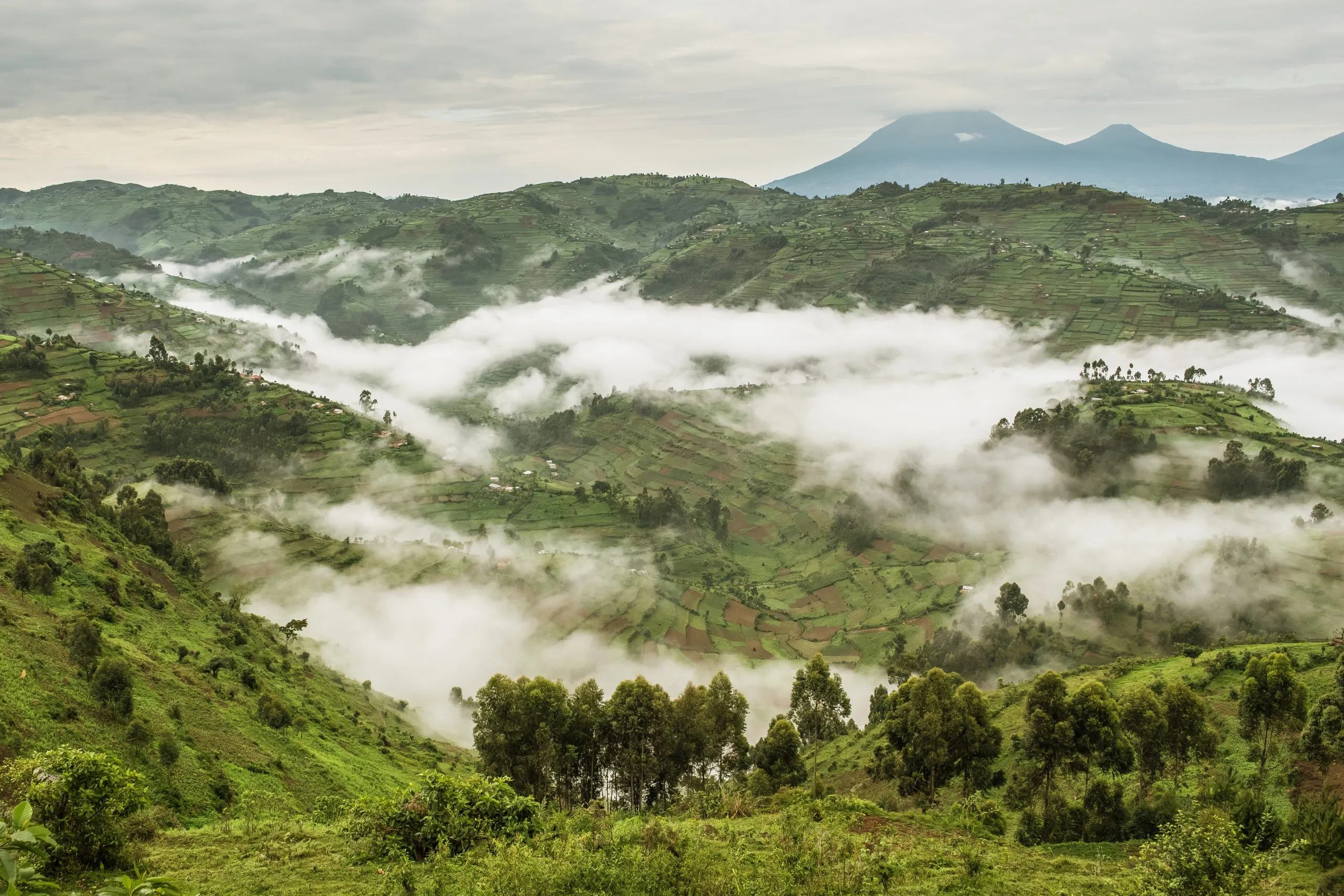
The highlight of your safari, the Gorilla Habituation Experience, is an exclusive and rare opportunity. Unlike regular gorilla treks, this experience allows you a more extended period with the gorillas, participating in the habituation process. Led by experienced guides and researchers, you’ll venture into the dense forest to track and spend time with these magnificent creatures, gaining insights into their behaviors and contributing to their conservation. This intimate encounter is a once-in-a-lifetime experience, offering unparalleled proximity to the gorillas.
Breakfast
Lunch
Dinner
Gorilla Lodge at Bwindi
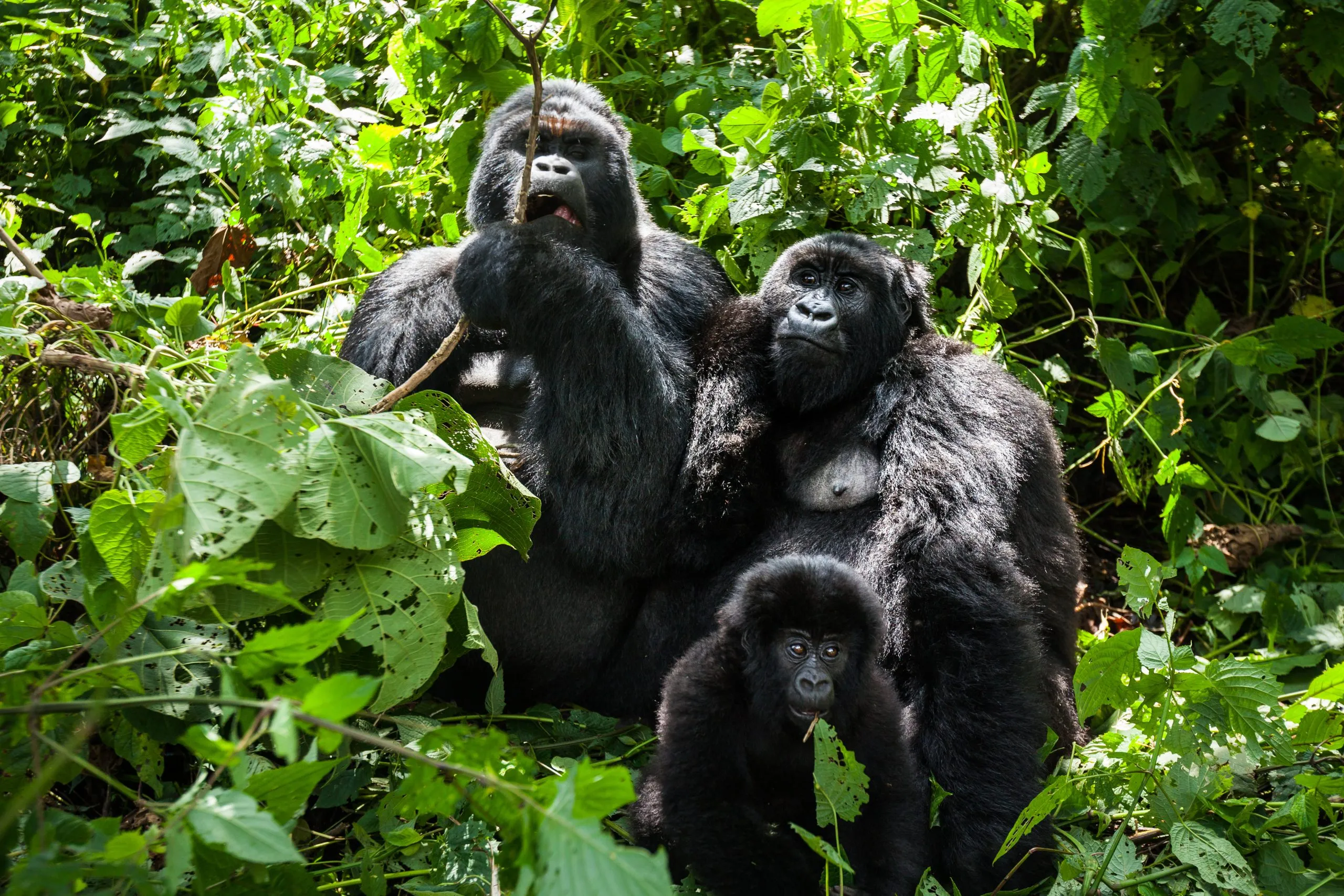
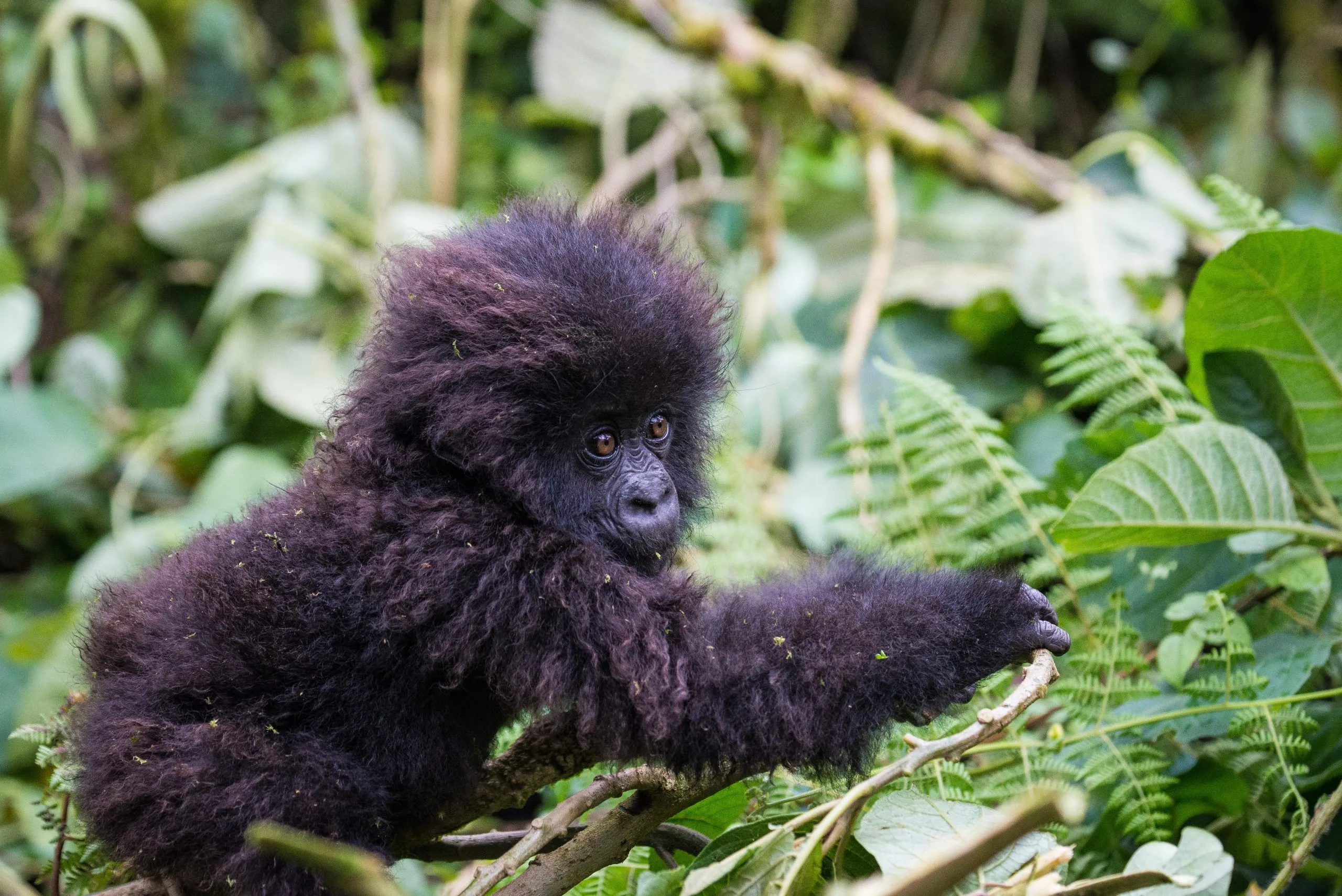
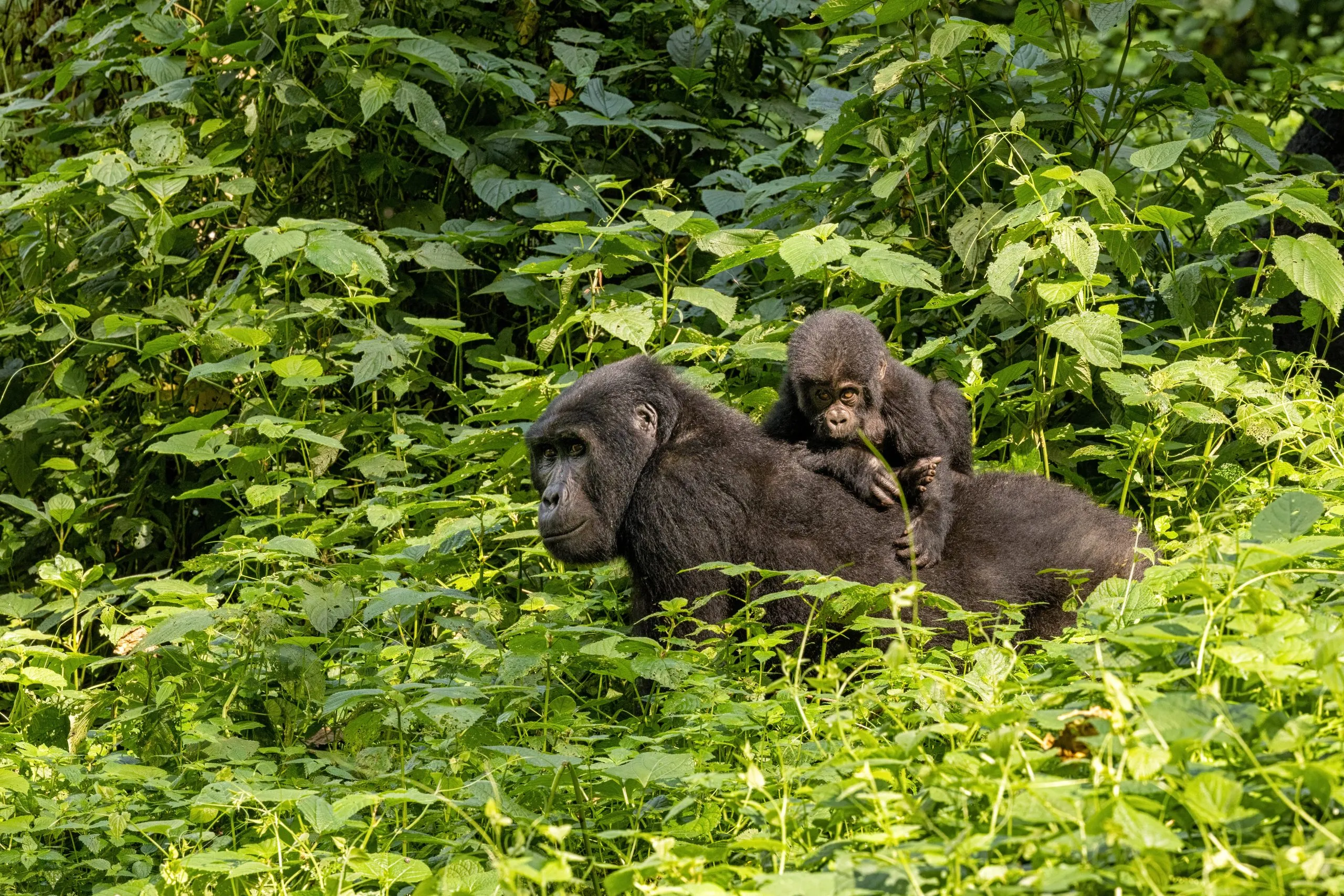
On the final day of your safari, bid farewell to the enchanting Bwindi Forest. Depending on your schedule, you may have the opportunity to engage in a brief morning activity before starting your journey back. Reflect on the unforgettable experiences and the unique connections made with nature as you travel to your departure point.
Breakfast
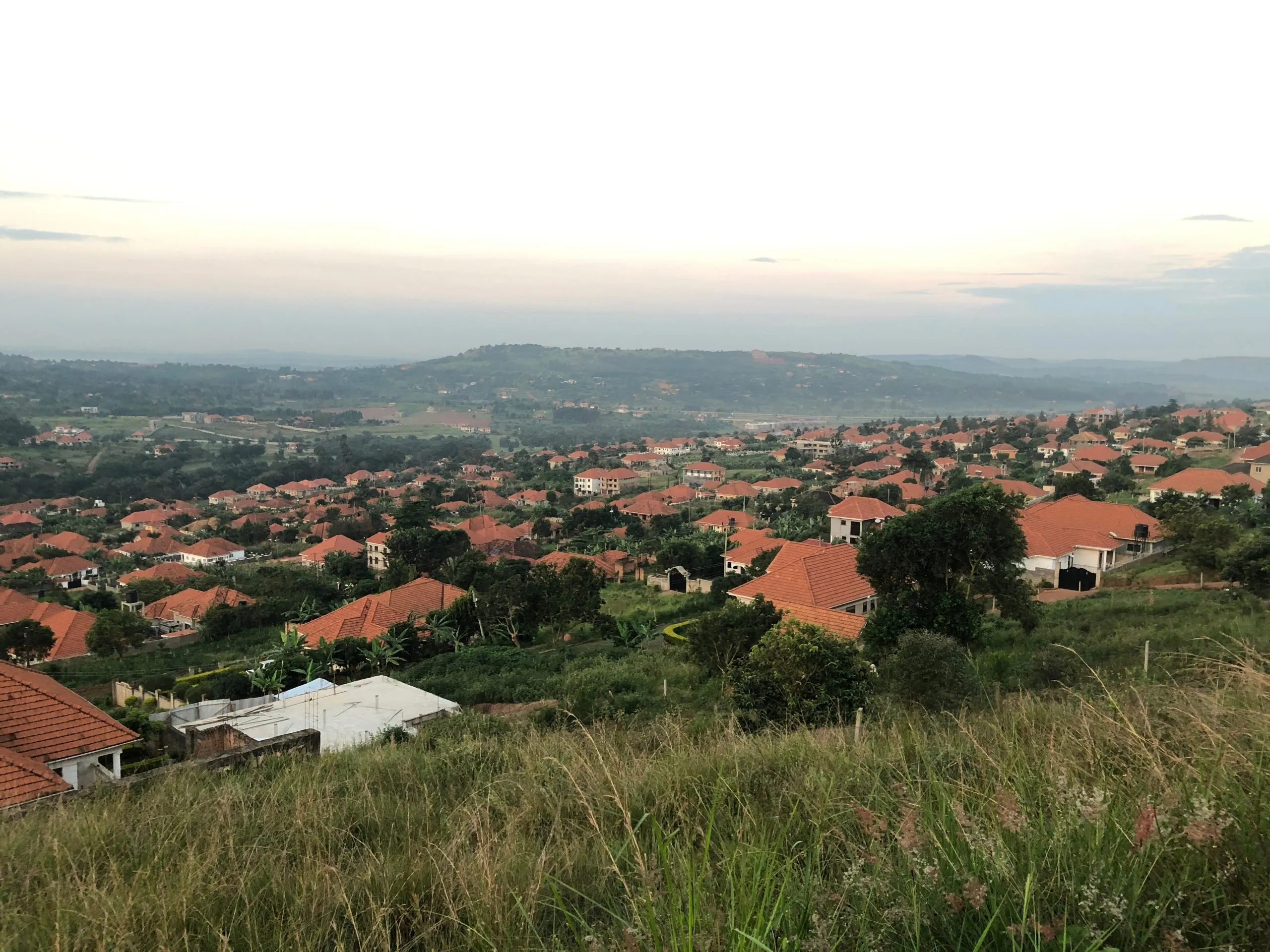
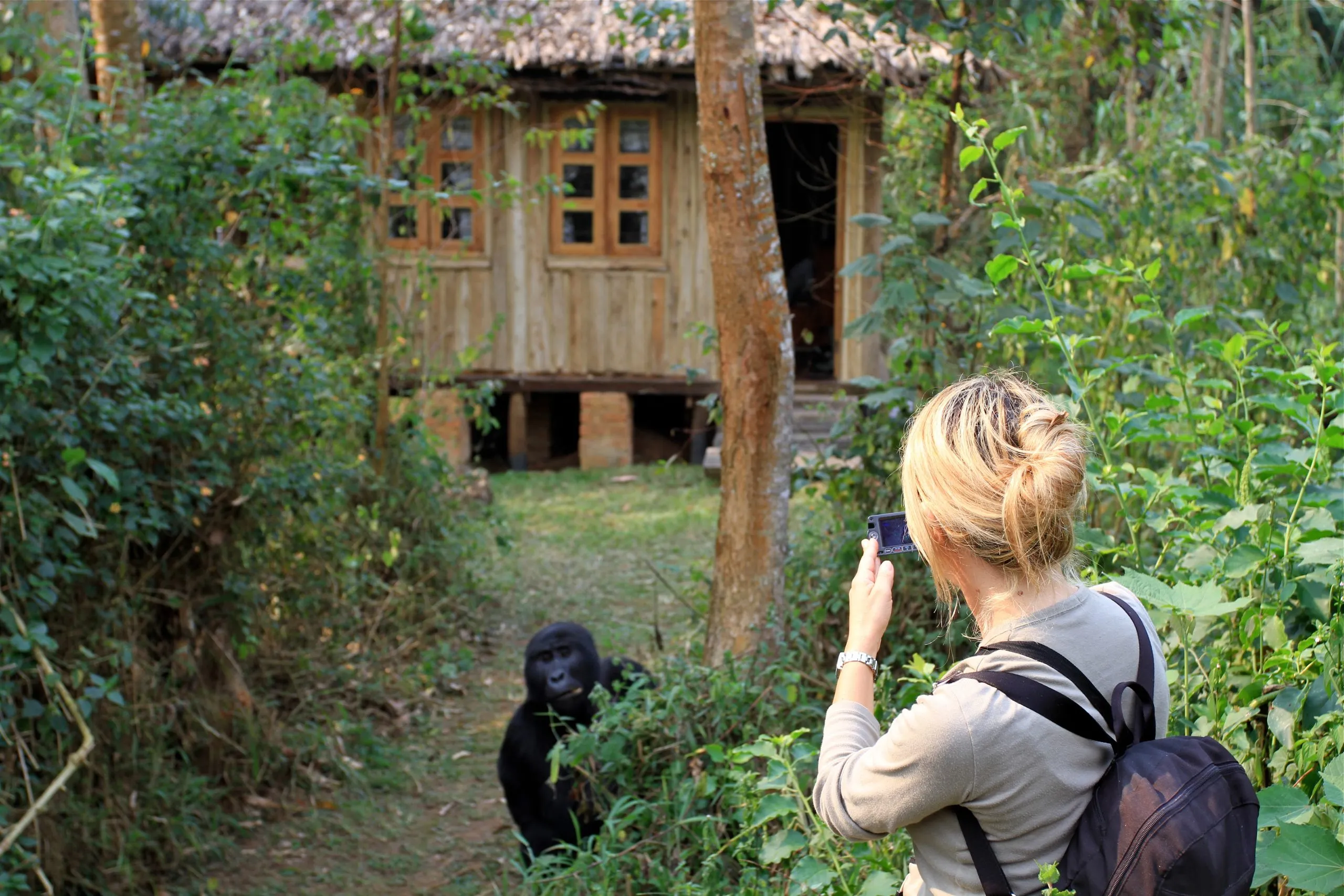
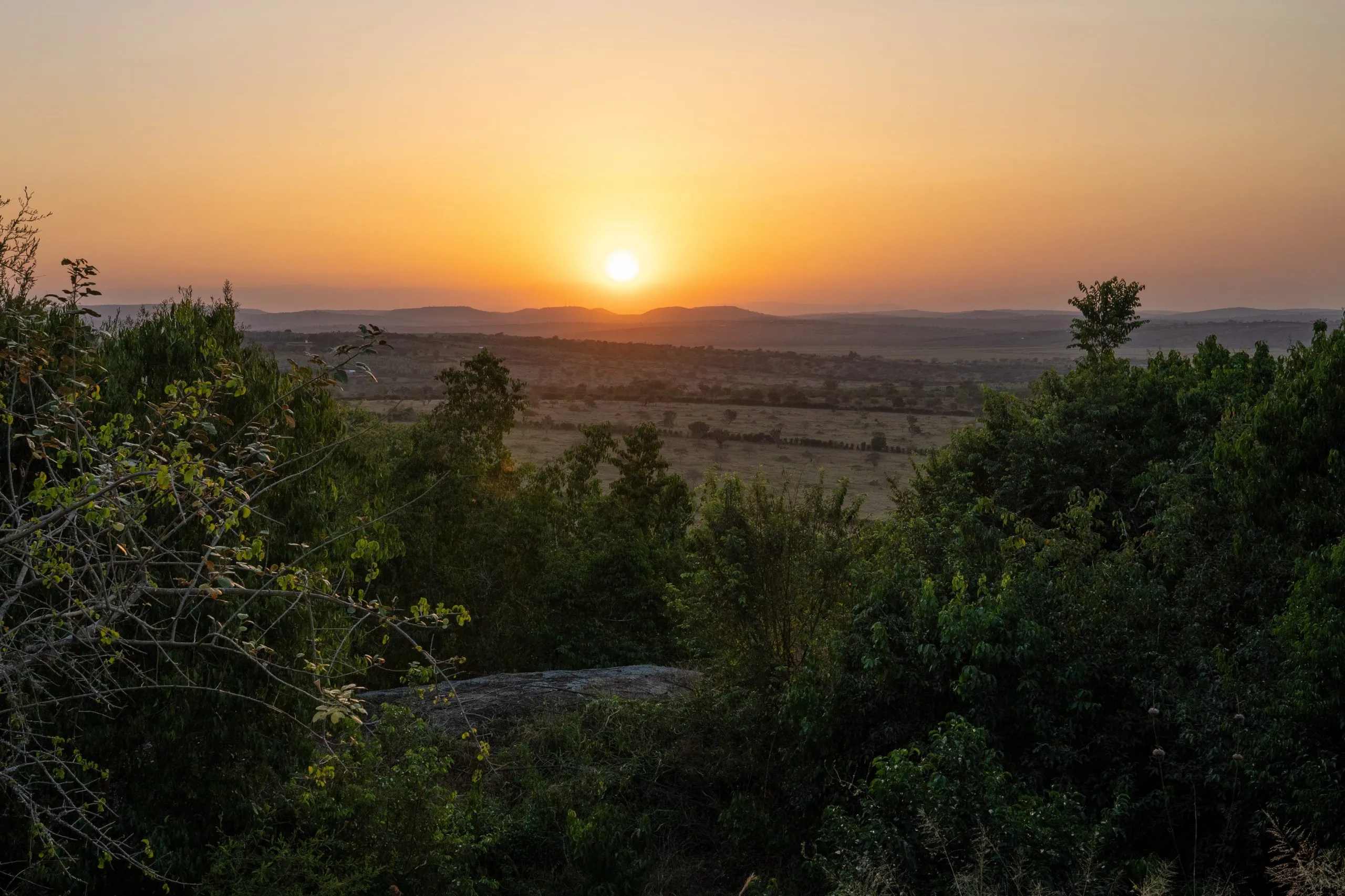
Pricing
Included in price
Gorilla habituation experience permit (each permit costs $1500)
Private transportation in 4WD
Professional English-speaking driver/guide
Bottled water
Full board accommodation for 2 nights and meals
Visa fees
International flights
Personal insurance
Personal expenses such as drinks/alcohol, laundry, telephone
Accommodation outside your itinerary
Description
Experience the extraordinary with our 3-day Uganda Gorilla Habituation Experience, a rare opportunity to intimately engage with mountain gorillas in their natural habitat. This unique adventure takes you to the heart of the Bwindi Impenetrable Forest, a UNESCO World Heritage site renowned for its gorilla population and stunning biodiversity.
Unlike typical gorilla treks, the Gorilla Habituation Experience offers an extended, more in-depth interaction with these gentle giants. Accompanied by experienced guides and researchers, delve into the dense forest and participate in the habituation process. This extraordinary experience allows for prolonged observation of the gorillas and contributes to their conservation and understanding.
The Bwindi Impenetrable Forest is a marvel of nature, with its lush vegetation and diverse ecosystem. During your journey, be captivated by the myriad of flora and fauna that call this forest home. The dense foliage, vibrant birdlife, and the occasional glimpse of other forest inhabitants add depth to your gorilla habituation adventure.
By engaging in the habituation process, you play a role in the ongoing efforts to protect these magnificent creatures. The insights gained from the researchers and your personal encounters foster a deeper connection with the natural world and the importance of conservation.
We take pride in offering a seamless and comfortable journey. From arranging your stay in carefully selected lodgings that complement the natural surroundings to providing all necessary support for your forest excursions, we ensure every detail is covered.
As your adventure concludes, carry with you the profound memories of close encounters with the gorillas and the stunning beauty of the Bwindi Forest. This experience promises a journey through a spectacular landscape and a heartfelt connection with one of nature’s most awe-inspiring creatures.
Location
Start planning today!
Things to know
The dry season from June to October is ideal for wildlife viewing. For specific experiences like the Great Migration, visit between July and October. Best times to visit Kruger Park for a safari include the dry season from mid-June to September, avoiding South African public holidays to minimize crowds. Early December is also recommended for vibrant vegetation and wildlife viewing. For birdwatching, December to March is ideal. Booking 3-6 months in advance, especially during peak season, is advisable.
Guided safaris typically include dinner and breakfast. Some tours also include lunch. For days without lunch, stops are made for refreshments. Dietary preferences like vegetarianism or specific allergies can be accommodated, though options might be limited in remote locations. Special diets like kosher, halal, or vegan may not be catered for, so flexibility is recommended. Diabetic passengers are advised to carry snacks for potential delays during game drives.
Yes, safaris accommodate families, but it’s best for those with children under 6 to book private tours. Children can join all game drives, but those under six can’t be on open vehicles after dark in Kruger Park. Family-friendly accommodations are provided, and children dine with their parents. Health precautions against malaria are advised. Safety measures include supervision and using a torch at night. Children under 12 may receive discounts when sharing a room with adults.
An African safari offers a blend of adventure, wildlife sightings, cultural encounters, and breathtaking scenery. It’s an opportunity to disconnect from the fast pace of modern life and immerse yourself in nature’s rhythms. Unforgettable moments include the first sighting of an elephant in the wild or the sound of a lion’s roar under a starlit sky. Moreover, your visit contributes to the conservation of Africa’s majestic wildlife and natural landscapes.
Kenya, Tanzania, Uganda, Rwanda, Zimbabwe, Botswana, Zambia, and South Africa are all prime safari destinations. The choice can depend on whether you want to combine your safari with other activities, such as beach stays, cultural visits, natural wonders, or the Winelands of South Africa.
While wildlife sightings can never be guaranteed, you may encounter the Big Five (lion, leopard, rhino, buffalo, and elephant) and a myriad of other species. The unpredictability of sightings adds to the safari’s allure, and even quiet game drives can offer exceptional birdwatching opportunities.
Safaris typically start early with a morning game drive, followed by brunch and a midday break for relaxation. Afternoon drives include a sundowner stop and often continue into the evening, offering chances to spot nocturnal animals. Be prepared for communal experiences in game-drive vehicles, with evening meals serving as a time for sharing the day’s adventures.
Safari costs vary widely, from budget tours to high-end luxury experiences. The choice of accommodation, visiting season, the remoteness of the location, and the mode of travel to the safari site (e.g., road vs. air) all influence the cost. Regardless of the price, consider tipping generously for good service, as it significantly benefits local staff.
Consider whether the tour is family-friendly if you prefer a malaria-free zone, the type of safari (group vs. tailor-made, camping vs. luxury lodge), and if you wish to combine the safari with other activities or destinations. Your preferences and budget will guide your choices.
Most lodges serve Western-style food. It’s advisable to specify dietary requirements in advance. Avoid tap water; opt for bottled water, especially when traveling outside main towns. Remember, Tanzania has banned the use of plastic bags.
Wear lightweight, comfortable clothing in neutral colors for game viewing. Evenings can be chilly, so pack long-sleeved clothing and a sweater. Respect local customs, especially in Muslim-majority areas, by dressing modestly.
Yes, most hotels and lodges offer internet services, and urban areas have cyber cafes. Internet speeds may vary.
Tanzania uses Type G, Type C, and Type D sockets, usually supplying electricity at 230 volts AC / 50 Hz. Bring a travel plug adapter or a voltage converter if necessary.

Why pick Safari Tours Africa?
HASSLE-FREE
TRUSTED PARTNERS
EXPERT LOCAL GUIDES
BOOK WITH CONFIDENCE
UNBEATABLE SUPPORT
Similar Safari Tours in Africa



